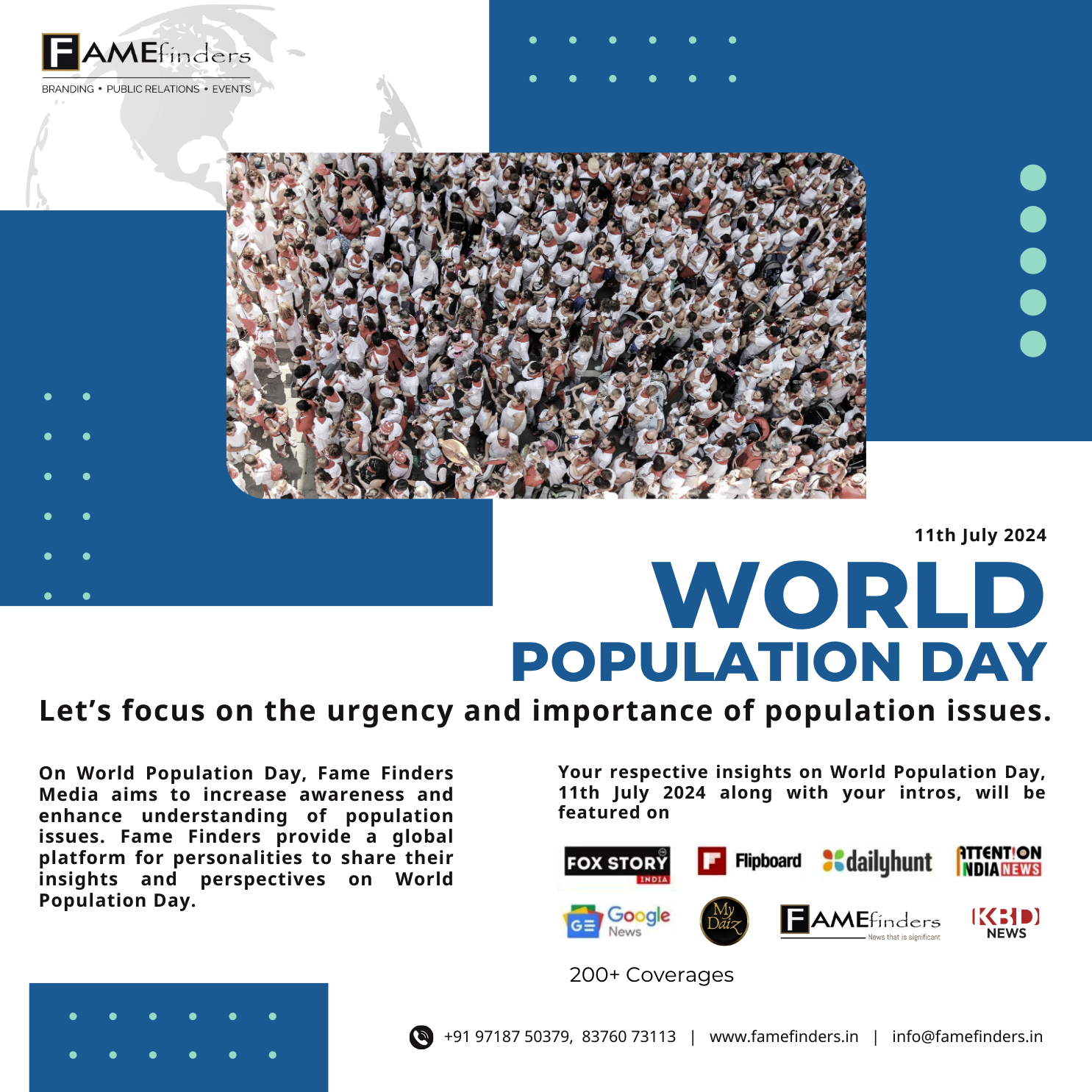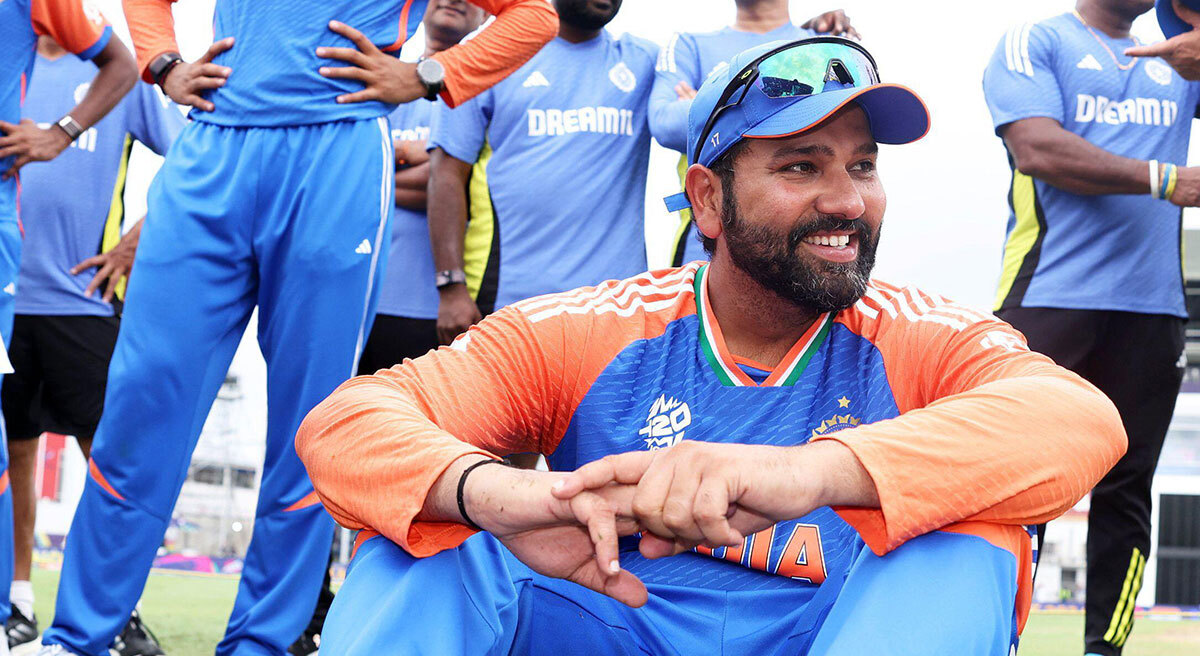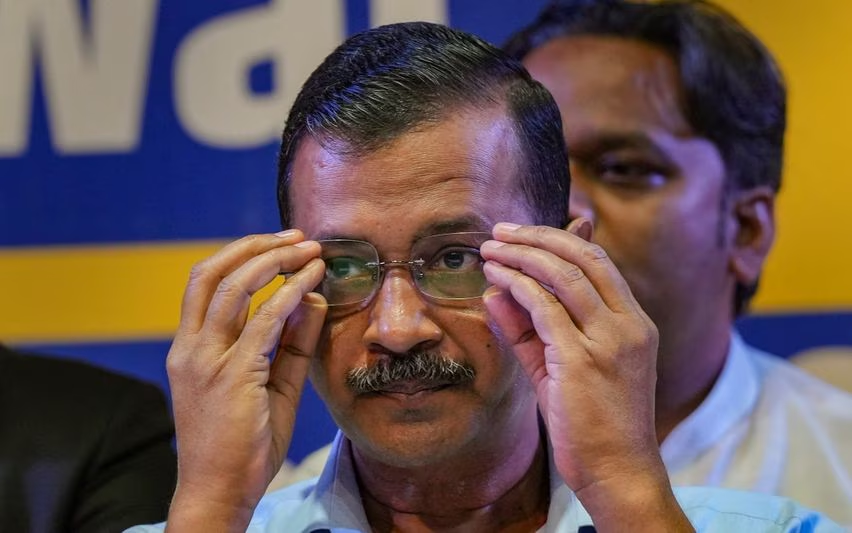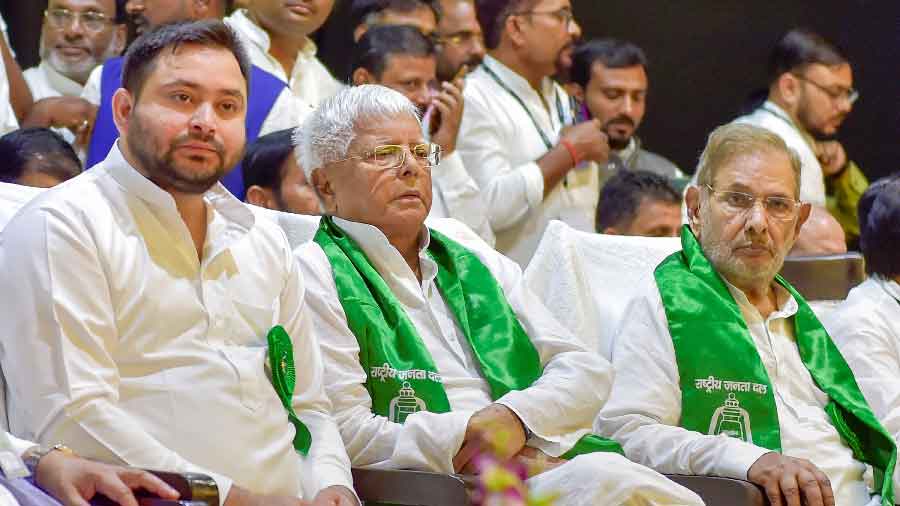Smriti Irani, the Union Minister for Women and Child Development, stated that women’s dignity and sanitation were Prime Minister Narendra Modi’s top priorities. She also mentioned programs run by the Union government that have improved women’s financial access, such as MUDRA and the Jan Dhan Yojana.
“In 2014, Prime Minister @NarendraModi gave women’s dignity and sanitation top priority, quickly building 110 million toilets. Comprehensive parity—which goes beyond equal pay to include empowering women in decision-making—is the key to true success. 230 million women now have banking access thanks to programs like MUDRA and the Jan Dhan Yojana, which revolutionized women’s financial access “Smriti Irani wrote on X.
Legislative actions that demonstrate a commitment to gender justice, according to her, include the recent Medical Termination of Pregnancy Act and the 33% reservation for women in parliament.
It’s time for the private sector to step up and successfully put in place 26 weeks of maternity leave, internal complaint committees, and workplace crèches. “Let’s redefine and champion equity and equality as we move forward, making sure that no one is left behind, especially our children,” she wrote in the post.
Smriti Irani, meanwhile, emphasized the significance of normalizing discussions about women’s health on Wednesday.
She said that women’s healthcare systems or conversations were never mainstreamed and called it one of the greatest challenges.
Speaking at a session linked to the Women’s Health Programme at the World Economic Forum in Davos, Smriti Irani said, “I think women’s healthcare systems or conversations never were mainstreamed and that has been one of the greatest challenges. How do you provide the solution to an issue that has never been spoken of? Mostly, there is a presumption that women do not want the psychological burden of their medical challenge to fall upon their family unit or hinder the economic progression of their contribution. And that is why they tend to either self-medicate or not medicate at all.”
She also discussed the steps made to advance women’s rights since Prime Minister Narendra Modi assumed office in 2014. She stated that Prime Minister Narendra Modi’s administration has overseen the construction of 110 million toilets in India.
Smriti Irani said, “From the Indian experience, let me provide you a big context. Post 2014, when Prime Minister Modi took office in the year 2010-11, there was a World Bank report which said that if there is a lack of sanitation facilities for women, there is a negative six per cent burden on the GDP of India. That being said, there is also the issue of security of women who were violated if they decided to defecate in the open now.”
“This information being available was politically and administratively acted upon by Prime Minister Modi who first said that if you want to ensure the health and dignity of women, let’s start building toilets now. So far from a cultural context, building toilets has never been politically glamorous. But Prime Minister Modi did that and we built under his leadership 110 million individual toilets which means it was an added impetus given to a woman’s menstrual health.”
She noted, “Under Prime Minister Modi, for the first time in the history of our country, we had an administrative protocol setup for menstrual hygiene management by governments at the centre, state, including administration at the district or the grassroot village, which means that the narrative about the women’s health was mainstreamed politically and administratively.”
In honor of Mahatma Gandhi, PM Modi initiated the Swachh Bharat Mission in 2014 with the goal of achieving an Open Defecation Free India by October 2, 2019.
According to Smriti Irani, 100 million impoverished women received cooking fuel that was clean and subsidized by PM Modi. The minister cited a WHO report to claim that the Indian government’s provision of clean cooking fuel alone allowed it to save the lives of 400,000 women annually.
“Prime Minister Modi said let’s look at the issue of access to safe cooking fuel. A 100 million poor women given cooking fuel clean, subsidised directly by Prime Minister Modi. We saved because there has been a WHO report we said we saved 400,000 lives per year of women only by providing access to clean cooking fuel. Then, there was the water promise, 130 million individual portable water connections given to poor families, women, who spent half a day either collecting firewood or collecting water for their domestic consumption, lessening their burden,” Smriti Irani said.












